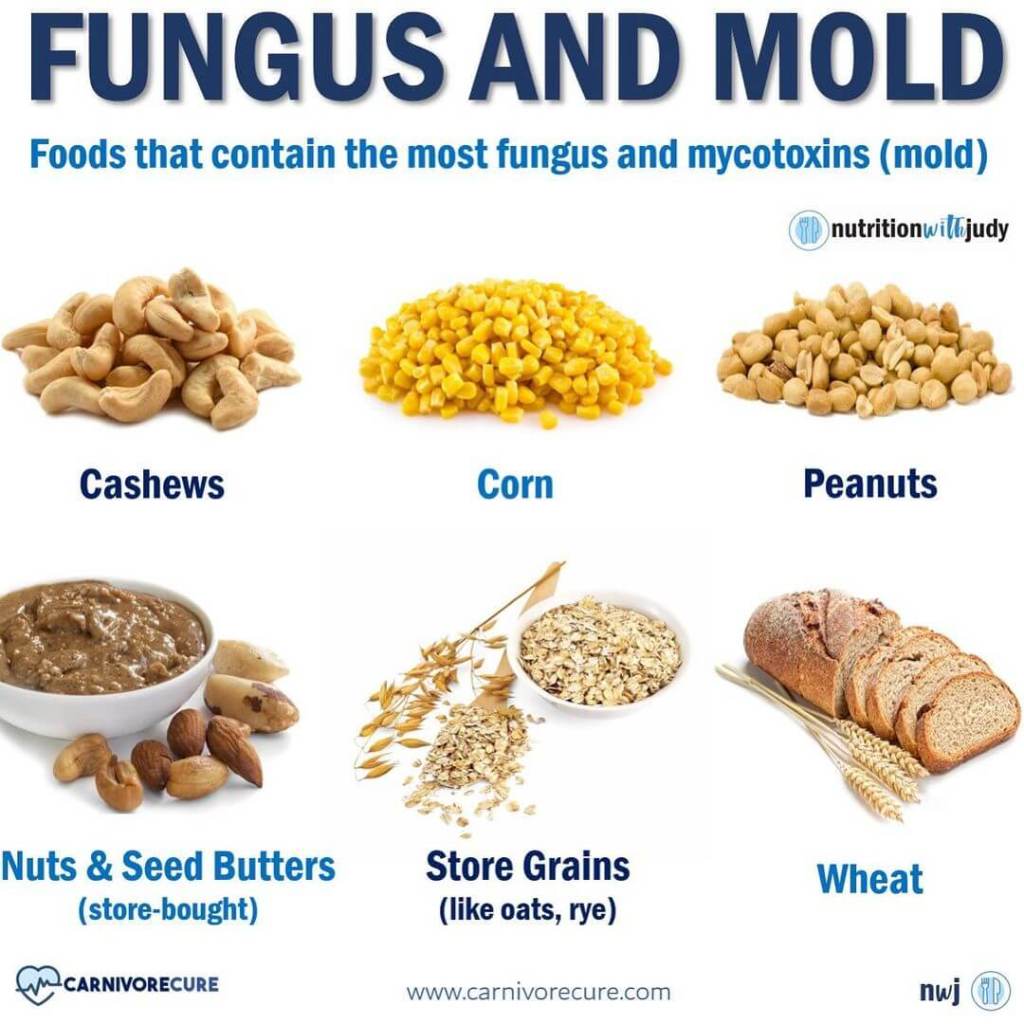Fungi, often dismissed as mere spoilage agents, play a pivotal role in the culinary world and human health. Diverse organisms ranging from mushrooms to molds can significantly enhance both the flavor and nutritional profile of foods. Moreover, certain fungi possess mood-boosting properties, providing a multifaceted approach to well-being. This article explores foods that naturally contain fungi, detailing their effects on mood and overall health.
Fungi: A Culinary Perspective
From the umami-rich taste of mushrooms to the piquant zest of fermented products, fungi are integral to numerous cuisines around the globe. Their unique flavors result from complex biochemical processes and contribute significantly to the overall sensory experience of consuming these foods.
Mushrooms, particularly varieties such as Shiitake, Portobello, and Cremini, are not only flavorful but are also widely celebrated for their health benefits. They provide essential nutrients and bioactive compounds, including polysaccharides, triterpenoids, and phenolic compounds. Research suggests that these components may possess anxiolytic properties and could inhibit the stress response, thereby enhancing mood. Regular consumption of mushrooms is associated with improved mental health, potentially due to their rich array of antioxidants that reduce oxidative stress on the brain.
In addition to mushrooms, a variety of cheeses undergo fermentation through the action of fungi. Varieties like Camembert, Stilton, and Roquefort are enriched with Penicillium mold, which not only contributes to their distinctive flavors and textures but also enhances their bioavailability of nutrients. Fermented dairy products are known to positively influence gut health, thereby influencing mood and mental health through the gut-brain axis.
Mood-Boosting Ingredients Derived from Fungi
Fungi are not only culinary staples but also serve as mood-enhancing agents. The active compounds in certain fungi have been shown to impact neurotransmitter levels, which directly correlate with mood regulation. Here, we delve into specific categories of fungi and how they promote emotional well-being.
Medicinal Mushrooms: Nature’s Mood Stabilizers
Among the vast varieties of mushrooms, certain medicinal species have been extensively studied for their potential to alleviate anxiety and depression. Reishi, Lion’s Mane, and Cordyceps are three notable examples.
Reishi mushrooms are rich in triterpenes and polysaccharides, which have been linked to stress reduction and improvements in mood. Several studies indicate that these compounds can lead to enhanced relaxation by modulating neurotransmitter levels, particularly serotonin and dopamine. As such, Reishi is often recommended to individuals grappling with stress and anxiety, offering a natural method to promote emotional well-being.
Lion’s Mane, characterized by its distinctive mane-like appearance, contains compounds known as erinacines and hericenones. These compounds have demonstrated neuroprotective properties, stimulating the production of nerve growth factor (NGF), critical for brain health. Research has shown that Lion’s Mane may improve cognitive function and reduce symptoms of depression and anxiety, thereby rendering it a favorable addition to a mood-enhancing diet.
Cordyceps, traditionally used in Chinese medicine, is recognized for its energizing properties and potential to enhance athletic performance. Emerging research suggests that Cordyceps may also have positive effects on mental health. Its adaptogenic qualities help the body manage stress, which can directly translate into improved mood and mental clarity, making it an excellent addition to a balanced diet aimed at enhancing emotional well-being.
Fermented Foods: The Symbiosis of Fungi and Bacteria
Fermentation is an ancient technique that not only preserves food but also enriches it with beneficial microorganisms. Fungi, particularly molds and yeasts, play a crucial role in this process, ultimately enhancing the nutritional and mood-boosting properties of fermented foods.
Kimchi, sauerkraut, and kombucha are exemplary foods rich in beneficial bacteria and yeast, where the fermentation process often involves specific fungal strains. These fermented foods are well-documented for their role in promoting gut health. The gut-brain connection highlights that a healthy microbiome can produce neurotransmitters such as serotonin, known for its profound effect on mood enhancement. Studies have indicated that regular consumption of fermented foods can lead to reduced symptoms of anxiety and depression due to their ability to positively regulate gut health.
The inclusion of tempeh and miso in one’s diet is another worthwhile consideration. Both derived from soybeans and fermented by fungi, these foods are not only rich in proteins and vitamins but also known to promote digestive health and support emotional stability. Their consumption is correlated with improved cognitive functions and mood stabilization, emphasizing the intersection between culinary tradition and mental well-being.
Culinary Applications of Fungi for Mood Enhancement
Incorporating fungi into the diet need not be a daunting task. Numerous simple yet delectable recipes can render these mood-enhancing ingredients both accessible and appetizing.
Soups and broths enriched with Shiitake and other mushrooms can serve as nourishing meal options. The savory flavor profile of mushrooms enhances the overall taste while providing an array of nutrients beneficial for mental health. A hearty mushroom soup garnished with herbs can become a comforting meal; additionally, the act of preparing homemade broth invokes a sense of mindfulness, contributing to overall well-being.
Stir-fries featuring a medley of colorful vegetables and various mushrooms present yet another avenue to include fungi in one’s diet. The diversity of textures and flavors creates a sensory feast while providing essential nutrients. Adding fermented soy products such as tempeh can further augment this dish’s mood-boosting properties.
Lastly, for those with a penchant for beverages, preparing adaptogenic mushroom lattes can be an enjoyable means to incorporate fungi into daily routines. Blending coffee or tea with powders derived from Lion’s Mane or Reishi creates a rich, flavorful drink that provides both energy and calm. This incorporation aligns with the contemporary wellness trend of holistic health practices that prioritize mental and emotional well-being.
Conclusion
The exploration of fungi extends beyond the realm of culinary endeavors; it encompasses an intricate web of health benefits, particularly concerning mood enhancement. The inclusion of mushrooms and fermented products in the diet can serve to not only elevate flavors but also positively impact mental health. By embracing the diverse world of fungi, one may not only indulge in a delectable array of foods but also commit to a lifestyle that prioritizes emotional and mental well-being.
